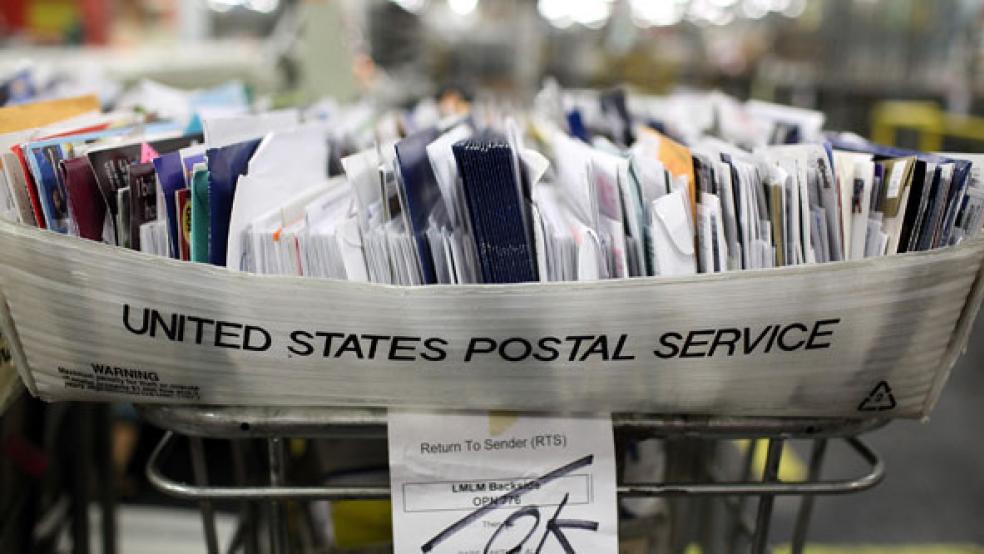The U.S. Postal Service, the Census Bureau and the Small Business Administration face serious challenges that need to be addressed by Congress and executive leadership, according to the latest “High-Risk” report from the Government Accountability Office, released Tuesday.
Issued since the 1990s, the biannual report focuses on “government operations with greater vulnerabilities to fraud, waste, abuse, and mismanagement, or that are in need of transformation to address economy, efficiency, or effectiveness challenges.” In addition to identifying problem areas, the GAO provides recommendations for how to reduce the risks associated with them.
Here’s what the report had to say about three of the 36 problem areas it identified:
USPS: Lacking a financially sustainable business model, the U.S. Postal Service needs reform in order to stay solvent, GAO said. According to the report, “USPS expenses exceeded revenues by $18 billion in fiscal years 2019 and 2020 as its labor compensation costs continued to increase while the volume of its most profitable mail products continued to decline.” While the agency appeared to be making some progress in 2019, it regressed in 2020, according to GAO criteria.
Census: The Census Bureau also faces serious challenges, and GAO said that leadership during the Trump administration was part of the problem. The “Department of Commerce requested that the U.S. Census Bureau (Bureau) shorten data collection time frames and response processing of census data in an effort to meet the apportionment deadline of December 31, 2020, even though COVID-19 had forced the Bureau to pause field data collection operations for approximately 3 months. Compressing the time frame to collect data and process responses has increased the risk of compromised data quality.”
Small business loans: The Covid-related emergency loan programs run by the Small Business Administration are another area of concern. Since March, the Paycheck Protection Program and the Economic Injury Disaster Loans program have issued loans and grants totaling about $744 billion, a volume that far exceeds the typical annual operations of the SBA.
“While millions of small businesses have benefited from these programs, the speed with which they were implemented left SBA with limited safeguards to identify and respond to program risks, including susceptibility to improper payments and potential fraud,” the report said. “Since June 2020, we have reported on the potential for fraud in both PPP and EIDL. As a result, we have determined that these programs are high risk because of their potential for fraud, significant program integrity risks, and need for much greater program management and oversight.”
The SBA has failed to provide all of the requested documentation, the GAO said, and remains at high risk of potential fraud.




